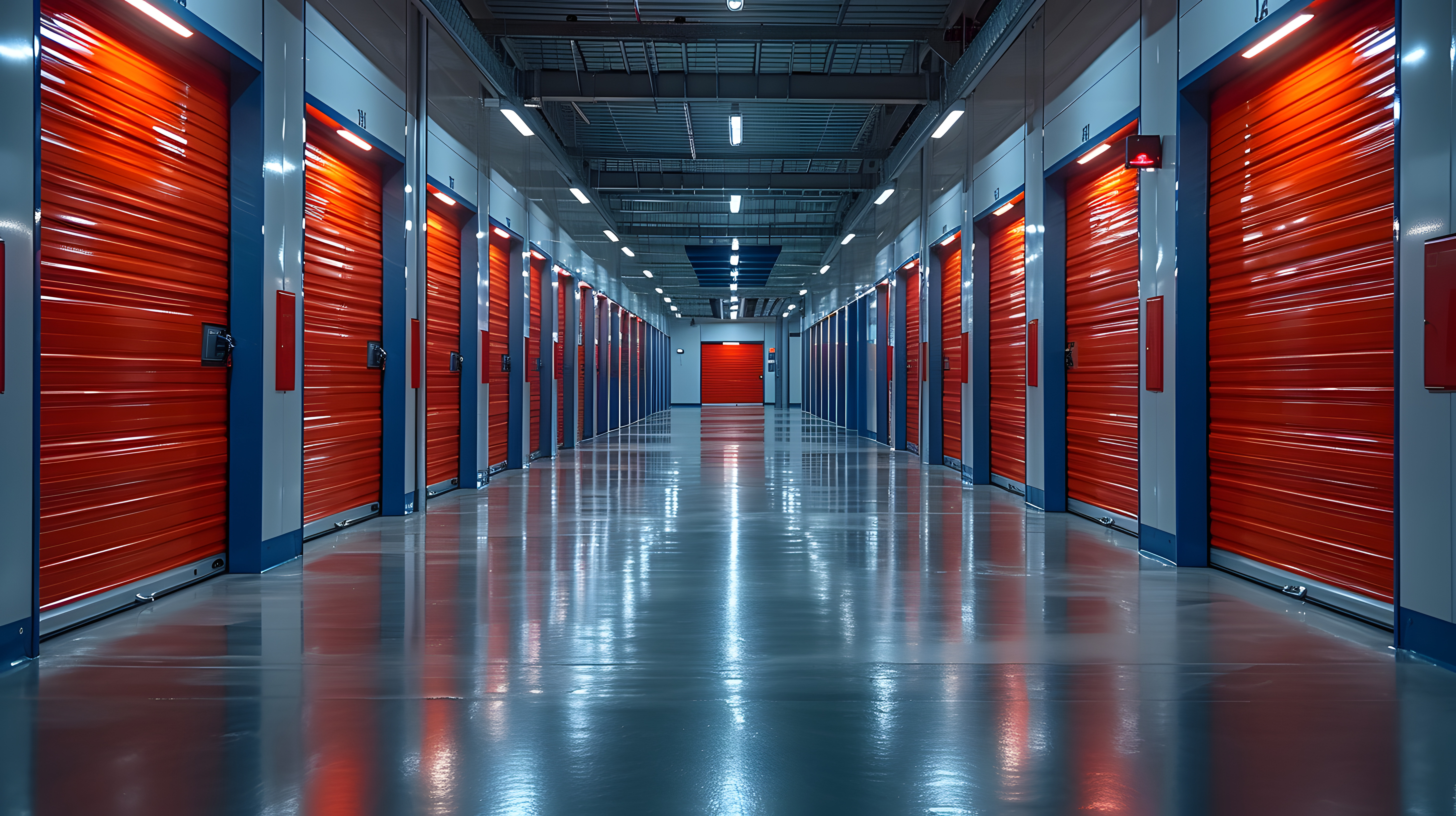Common Mistakes to Avoid When Using a Self-Storage Unit
—
October 15th, 2024

Introduction
Renting a self-storage unit is a convenient solution for freeing up space in your home, keeping seasonal items safe, or temporarily storing belongings during a move. However, to get the most out of your storage unit, it's important to avoid common mistakes that can lead to damaged items, wasted space, or unnecessary costs.
1. Not Organizing Your Storage Unit Properly
One of the most frequent mistakes people make is failing to organize their storage unit effectively. Simply stacking boxes and furniture in a haphazard manner might seem like a quick solution, but it can make it nearly impossible to find what you need later. Additionally, disorganization increases the risk of items getting damaged if they’re improperly stacked or stored.Solution: Take the time to plan your storage layout before you start moving things into the unit. Place items you’ll need access to more frequently at the front of the unit and create clear pathways to navigate through the space. Label all boxes clearly and stack heavier boxes on the bottom, with lighter, more fragile items on top. Investing in shelving units can also help keep everything organized and accessible.
2. Not Using the Right Packing Materials
Another common mistake is skimping on packing materials, which can lead to damage during storage. Fragile items, electronics, or delicate furniture can become scratched, broken, or ruined if not properly protected.Solution: Invest in high-quality packing materials like sturdy boxes, bubble wrap, packing paper, and blankets. For items like clothing or linens, consider using plastic bins with lids to protect against dust and moisture. Don’t forget to use furniture covers to protect large items from dirt and scratches. Proper packing will ensure your belongings remain in good condition during storage.
3. Failing to Label Boxes
When you're packing up your belongings for storage, it's easy to think you'll remember where everything is. However, months or even years later, it's easy to forget what you’ve stored in each box. Failing to label boxes is a common mistake that can lead to frustration when you need to retrieve something.Solution: Clearly label each box with its contents and consider creating an inventory list. You can go a step further by numbering each box and keeping a detailed list of what’s in each one. This will make it easy to find specific items without having to open every box.
4. Storing Prohibited Items
Every self-storage facility has a list of prohibited items, yet some people still make the mistake of storing things like hazardous materials, perishable goods, or living plants. Storing these types of items can lead to safety hazards or attract pests, resulting in damage to your belongings or penalties from the facility.Solution: Review your storage facility’s list of prohibited items before packing. Common items that should never be stored in a self-storage unit include gasoline, propane tanks, fireworks, food, and anything that could attract rodents or insects. Always follow the facility’s guidelines to ensure the safety of your items and others’.
5. Underestimating the Storage Unit Size You Need
A common mistake is renting a unit that is too small for your needs. While it might seem cost-effective to rent a smaller unit, cramming your belongings into a space that's too small can lead to damaged items and difficulty accessing what you need.Solution: Before renting a unit, take inventory of the items you plan to store and consider how much space they will realistically take up. If you’re unsure, consult with the storage facility—they can help you choose the appropriate size based on the volume of your belongings. Renting a unit with a little extra space will make organization easier and help protect your items.
6. Not Considering Climate Control for Sensitive Items
Forgetting to consider climate control when storing sensitive items is another mistake people often make. Items like electronics, artwork, documents, and wooden furniture can be damaged by extreme temperatures or humidity if stored in a traditional unit.Solution: If you're storing valuable or sensitive items, opt for a climate-controlled storage unit. These units maintain a stable temperature and humidity level, protecting your belongings from the effects of extreme heat, cold, or moisture. Although climate-controlled units may be slightly more expensive, they’re worth it for protecting your valuable possessions.
Conclusion
Renting a self-storage unit can be an effective way to free up space or store belongings temporarily, but it’s important to avoid common mistakes that could lead to damage or wasted time. By organizing your unit properly, using the right packing materials, labeling boxes, and choosing the right unit size, you’ll ensure a smoother, more efficient storage experience. Taking the time to do it right will save you from future headaches and help keep your belongings safe and in good condition.
Categories
_05222023083413221.png)